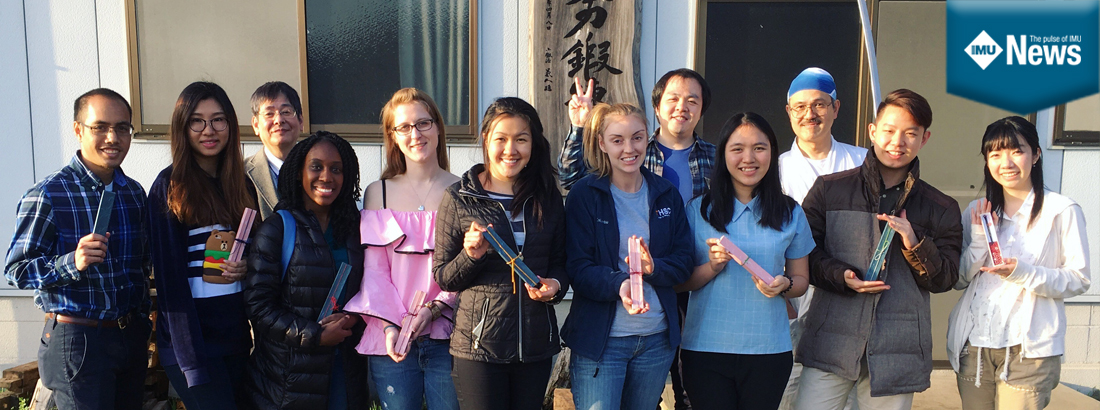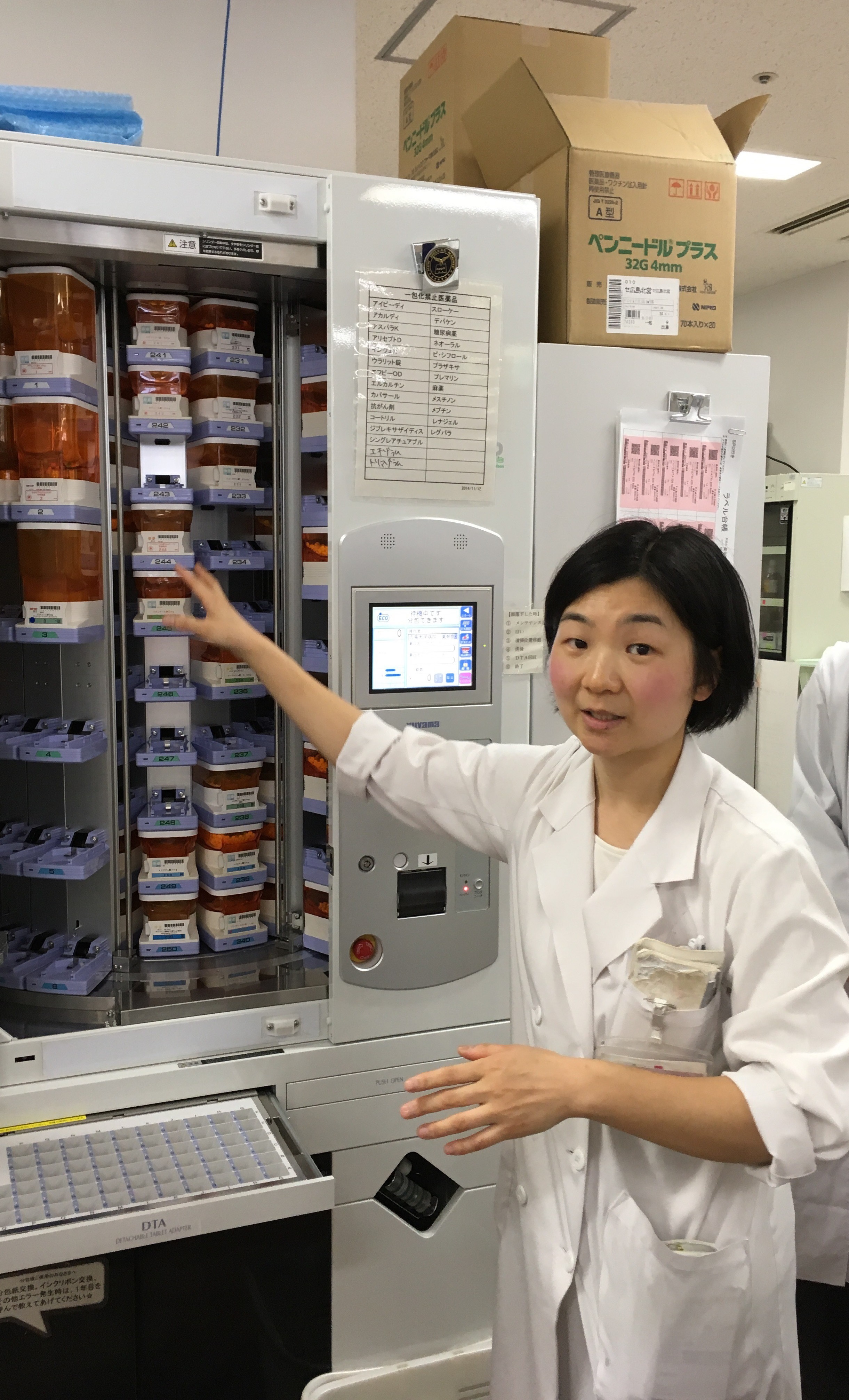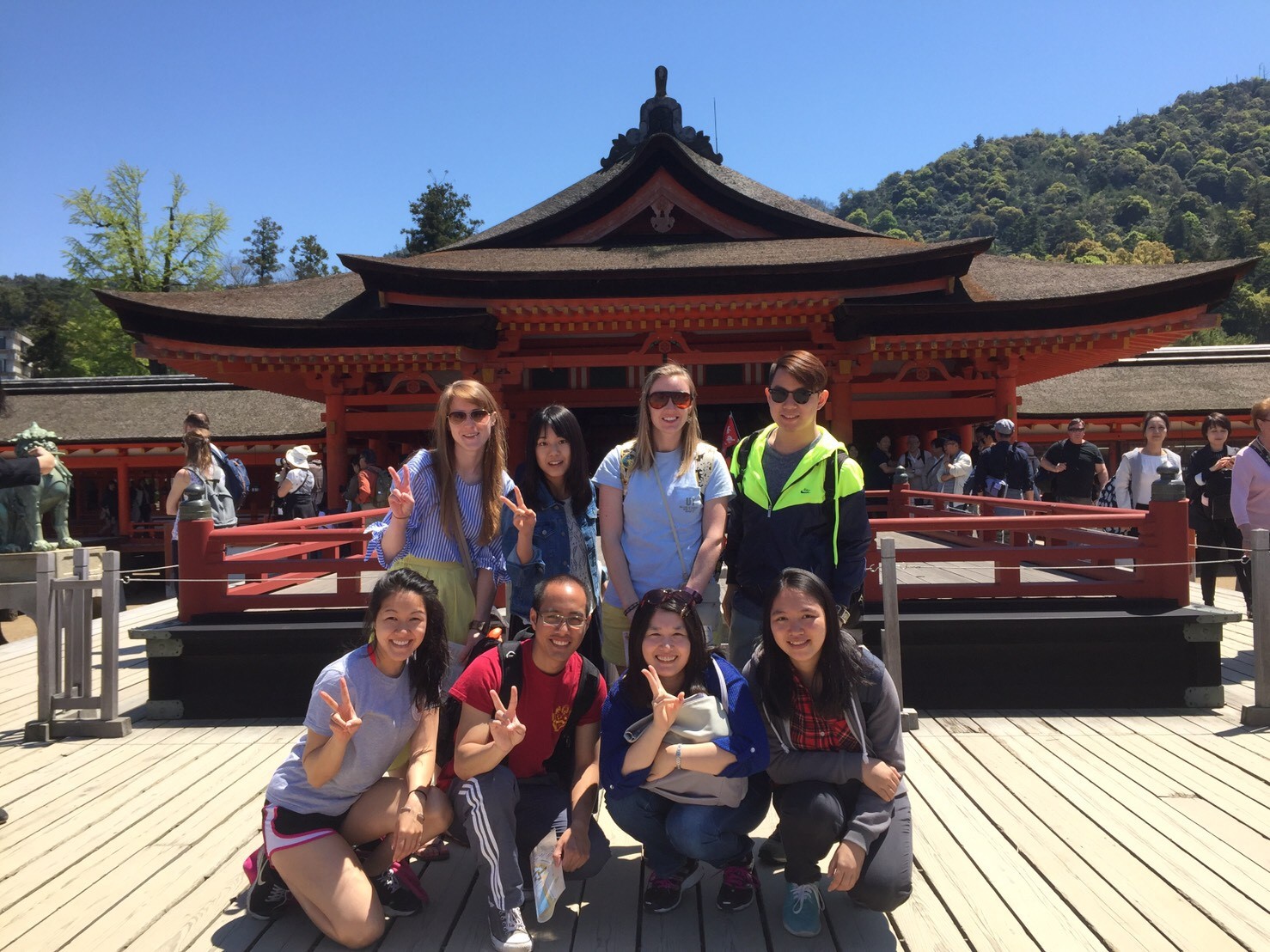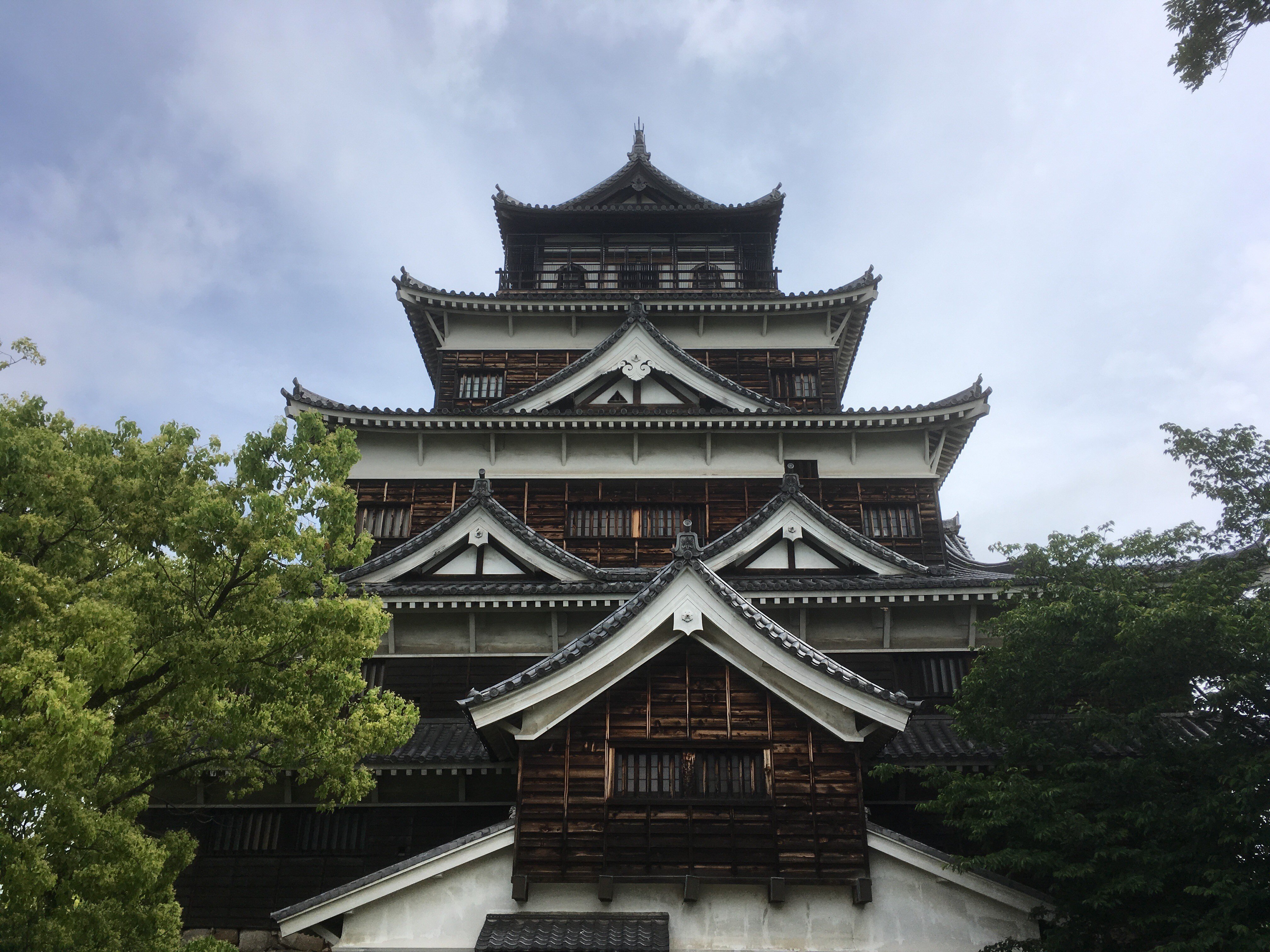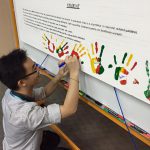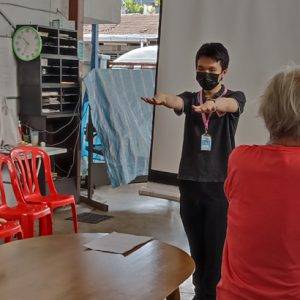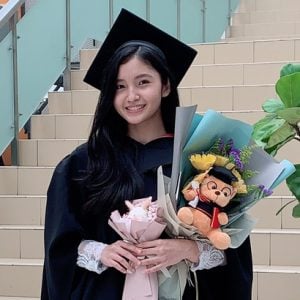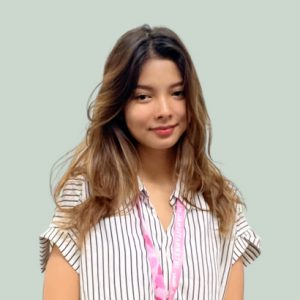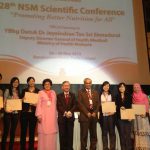Elective module is a compulsory module offered in Semester 6 of the Bachelor of Pharmacy (BPharm) programme at International Medical University (IMU). In this module, students are given the opportunity to acquire knowledge and enhance competencies in a pharmacy-related area or non-pharmacy-related area for a minimum duration of four weeks. Two students from the BP114 cohort of IMU BPharm programme, Branda Tan Wan Yi and Bradon Teo Yu Shen, had chosen to complete their elective programme at Hiroshima University, Japan.
“We spent our first two weeks on the activities planned by Prof Hiroaki Matsuo, the head of pharmaceutical service department at Hiroshima University Hospital. We started off by visiting to a pharmaceutical company (Wakunaga Pharmaceutical Co., Ltd.) and a pharmaceutical distribution center (Everlth Co., Ltd.) in Hirsohima. The main product produced by Wakunaga Pharmaceutical Co., Ltd is Aged Garlic Extract, which is widely used in Japan as a supplement for health. We had the opportunity to observe the production line of the Aged Garlic Extract as well as to try the product. Everlth Co., Ltd. is a company that focuses on the distribution of medication to pharmacies or hospitals around Hiroshima. A special feature of this company which impressed us is the earthquake resistant and fully automated warehouse. As this company is mostly operated by machine, we observed that the workers collected and packed the items according to customer’s order with the help of this machine. The barcode system and automated machines help in reducing errors in filling the orders while the efficiency of work is increased.
Other than that, we visited a private hospital, public hospital and chain pharmacy in Hiroshima city. The dispensary in Japan was really eye-opening as the pharmacists filled the prescription with the help of barcode system which is rarely be seen in Malaysia. Before the pharmacist start to fill the prescription that was sent to the Pharmacy Department, ID has to be keyed into the handy barcode scanner for the user to be activated as well as to keep track of the person filling the respective prescription. After activation of the scanner, the pharmacist scanned the barcode on the prescription and the medication needed will be shown on the screen of the scanner. The pharmacist will then look for the medication from the medication tray. Before taking it from the tray, scanning of the barcode on the medication tray is done in order to reduce any mistakes. This is because the scanner would provide an alert to the user if a barcode different than that on the prescription is scanned.
Hence, this technology is really helpful in filling the prescription as there are various dosages available for a drug, which are confusing and dangerous if a drug with incorrect strength is prepared.
Besides, we were introduced to different departments in Hiroshima University Hospital, such as Intense Care Unit (ICU), Surgical Intense Care Unit (SICU), Emergency Department (ER), clinical trials, inpatient and outpatient Dispensary Department. The pharmacists from the respective departments briefed us on their daily job scope as well as functions of the respective department. The most interesting part was the air medical services available in this hospital. It is used only when the patient is located too far from the hospital and emergency support is needed.
For the next two weeks, we were assigned to a department of our choice in Pharmaceutical Sciences Department of Hiroshima University, ie Microbiology Laboratory (Branda Tan Wan Yi) and Pharmacognosy Laboratory (Bradon Teo Yu Shen). “Under the supervision of Prof Teruo Kuroda and Prof Takonori Kumagai, I did some interesting experiments which increases my knowledge on antibiotics and resistant bacteria. First, I inoculated the spore of Streptomyces lavendulae in a culture medium, then I test the activity of this bacteria on Bacillus subtilis. In another experiments, I tested the minimum inhibitory concentration on antibiotics for a few strains of Pseudomonas aeruginosa and Staphylococcus aureus. From this experiment, I need to determine which bacteria strain is resistant to the antibiotics. I enjoyed these experiments and I learned extra knowledge throughout the experiment.” said Branda.
 “Under the supervision and guidance of Prof Matsunami Katsuyoshi, I have performed varies biological assays such as anti-A549 (anticancer) assay, anti-Leishmania assay, DPPH assay, antimicrobial (antibacterial and antifungal) assay, α-glucosidase assay, and acetylcholinesterase inhibitory assay which helped me to develop skills on handling of cell lines for my Semester 7 research project. Together with Prof Matsunami as well as three international students from Thailand, Indonesia, and Vietnam respectively, we went to the Hiroshima Prefecture Tree Planting Center to collect 30 different species of plant samples and screen for the bioactivities of the plant samples using the assays mentioned. The moments I had in pharmacognosy laboratory was truly unforgettable and enjoyable as I gained not only experiences and knowledge but also friendship with my laboratory mates.” said Bradon.
“Under the supervision and guidance of Prof Matsunami Katsuyoshi, I have performed varies biological assays such as anti-A549 (anticancer) assay, anti-Leishmania assay, DPPH assay, antimicrobial (antibacterial and antifungal) assay, α-glucosidase assay, and acetylcholinesterase inhibitory assay which helped me to develop skills on handling of cell lines for my Semester 7 research project. Together with Prof Matsunami as well as three international students from Thailand, Indonesia, and Vietnam respectively, we went to the Hiroshima Prefecture Tree Planting Center to collect 30 different species of plant samples and screen for the bioactivities of the plant samples using the assays mentioned. The moments I had in pharmacognosy laboratory was truly unforgettable and enjoyable as I gained not only experiences and knowledge but also friendship with my laboratory mates.” said Bradon.
“In terms of Japanese culture, we were given opportunity to making paper knives from the iron rod under the supervision of Yoshihiro Kubo, who is the master of forging Japanese swords. To our surprise, we joined the Japanese students in Hiroshima University for karate practice and Japanese archery upon invitation from Ms Nishida and Mr Sueda from pharmacognosy laboratory. It was such an enjoyable moment to be involved in the sports that we have never tried before. In conjunction to the Golden Week in Japan, we also visit the Flower Festival held along the Hewa Street and Hiroshima Memorial Peace Park.
We would like to acknowledge all the support given by our parents for our one month elective in Hiroshima and a special credit to the dean of School of Pharmacy, A/Prof Mohd Zulkefeli Mat Jusoh, who put in so much effort in negotiation and application for the elective as well as preparing us with information about Japan before our elective.”




